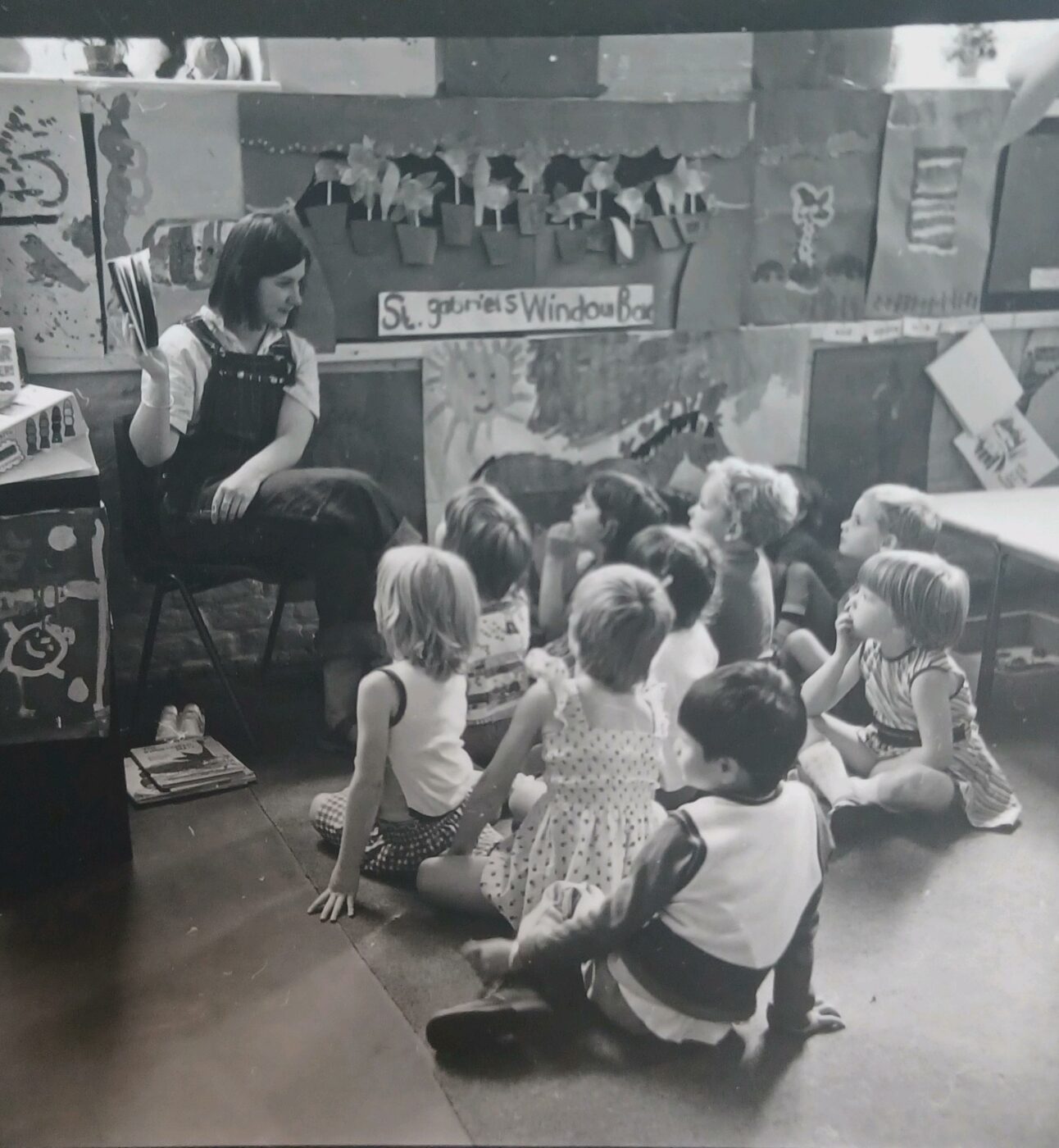
Talking Early Years: Celebrating 120 Years at LEYF
The Year That is 2023 – This year, we are proud to celebrate 120 years of LEYF. It’s been fascinating to reflect back on what has changed over…
April 22nd 2013
On Friday morning I traipsed up to Camden to hear Sir Michael Wilshaw, Her Majesty’s Chief Inspector of Education, Children’s Services and Skills announce his plans for Early Years at a Press Conference. I was determined to hear it from him directly, given the realities of what is happening on the ground at the moment.
Like many leadership speeches it was full of laudable ambition but light on detail; more evident later during the rather tame questions session. At least Sir Michael came across as well-meaning and there was a sense he would listen to the sector. (I was certainly relieved by this because the sector needs to have a frank conversation with him.)
He shares the ambition of the sector, namely that it is unacceptable for any child to have a poor early education experience, and positively shameful that children from poorer neighbourhoods get the weaker service. His focus is education and care, and he wants to be tougher on weaker settings which are not improving quickly enough. As such…
He acknowledged that Ofsted also needed to improve, especially with regards to consistency of inspections, and claimed they were recruiting quite vigorously. He acknowledged the regional variation in quality and so has created a new regional system, including regional workshops and good practice seminars. He invited people to become HMIs through a fast-track pathway, so any of you losing your job, jumping ship or facing early retirement might consider this offer!
There were too many contradictions with the More Great Childcare report. Like our Minister, he was scathing of local authorities; except Camden which still fund and support quite generously. However, he was unable to answer the NDNA question about how we would secure quality and continual improvement without the support of Local Authority teams of advisory teachers acting as critical friends. As ever, there was a reference to ratios and the plan to reduce them if staff were qualified. He was again uncertain about this, and I reminded him that quality was ensured not simply through qualifications but also through adequate ratios. He needs to read Starting Strong, EPPE and recent research from the OECD.
He was unsure about funding and floundered with the figures, quoting a £7 billion annual spend on childcare. He reckoned that should pay for quality, training and improvement. Luckily Neil Leitch, CEO from PSLA put him straight on that. He was as surprised as the Secretary of State when we pointed out a variation of £3billion in the topline figure from the various departments, and a Treasury which admits to not being sure as to how it is calculated. (I can just imagine how perturbed my Finance Director might become if I operated the LEYF budget like that.)
As he concluded his speech, a Head Teacher in the audience asked about the role of parents. She felt Ofsted was putting all the onus for children to succeed on settings, something that’s near impossible without parental buy-in. He acknowledged this and accepted that Ofsted would need to consider its approach to ensure it did not set up settings to fail; but he did say he had found many Children’s Centres had failed to use their opportunities and expertise to engage parents early on so they would better support their children in school. He referred to a tighter inspection regime for Children Centres to demand more effective outreach and stronger bridges between settings and parents, especially those known as hard to reach. The Head warned him that if Ofsted got their approach wrong, we could easily become the scapegoat for educational failure. He also needs to recognise the view many parents hold about Ofsted: at LEYF, one in 4 parents did not use Ofsted as an indicator of quality; and in a nursery recently dealt a terrible inspection, we have seen an increase in numbers, where the parents cannot recognise the nursery the inspectors criticised so badly. The Ofsted PR machine will need to work hard to get consistency and credibility if they want to be seen as an agent for improvement.
So, we have work to do as a sector. We need to meet Sir Michael and appraise him of the challenges that face us on a daily basis. I told him about the response I got from my Nursery World Linkedin Group question, which sought the views of colleagues about the recent raft of inspections triggered by ‘Anonymous Complaints’. He was surprised by the description of what can only be considered harsh judgements, increased downgrades and no sense of proportionality. I said this was happening in settings working in poor neighbourhoods where ‘Good’ grades were being lost, not because of weakness in education or care, but because of misinterpretation of sometimes complicated Ofsted rules, many of which were described as having no impact on the children. He did seem genuinely concerned.
As ever, I have to conclude this with a reference to yet another consultation. This one is Good Early Years Provision for All with closing date of 24th May. The sector needs to respond to this, as failing to lead Ofsted to a shared watering hole could result in destruction of the service and devastation for children.

The Year That is 2023 – This year, we are proud to celebrate 120 years of LEYF. It’s been fascinating to reflect back on what has changed over…

The other night I was watching my new late-night Netflix addiction, How to Get Away With Murder. I have reached Series 5 where the main protagonist, Annaliese Keating is…

We all know that the Tiger comes to Tea but we have never had a Duchess come to Breakfast. https://www.youtube.com/watch?v=-6hzbLzcprE The Duchess of Cambridge lightened up our…